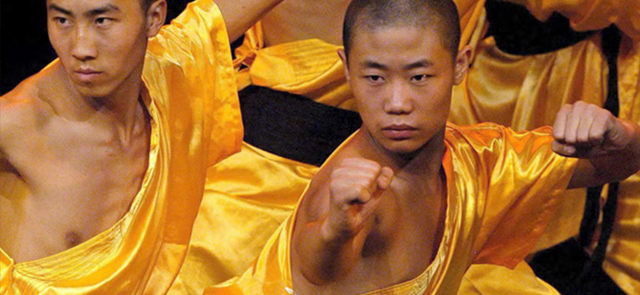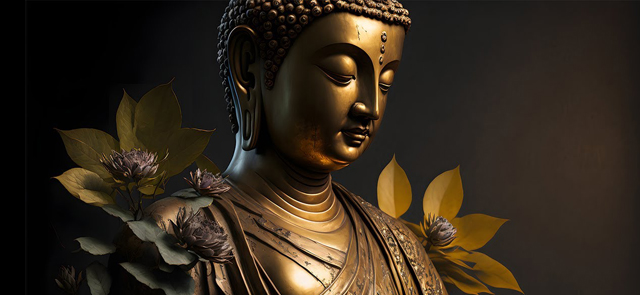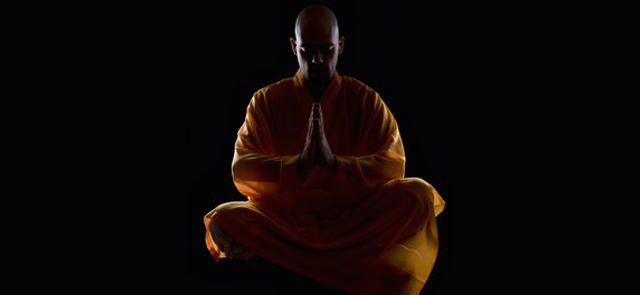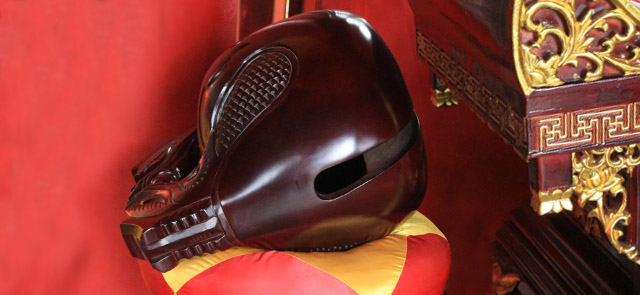Shaolin Kung Fu, renowned for its rich history and deep-rooted philosophy, is a traditional Chinese martial art that has captivated the world with its awe-inspiring techniques and disciplined approach. Developed and perfected by the warrior monks of the Shaolin Temple in China, this ancient martial art form encompasses a holistic training system that emphasizes both physical prowess and spiritual growth. The training regimen of Shaolin Kung Fu is divided into four main categories: External Training - Wai Gong [Chin.: Wàigōng 外功], Internal Training - Nei Gong [Chin.: nèigōng 內功], Martial Techniques - Wu Gong [Chin.: wǔgōng 武功], and Weapons Training - Bingqi [Chin.: bīngqì 兵器]. Let's explore each category and understand the significance they hold in the pursuit of Kung Fu mastery.
External Training - Wai Gong [Chin.: Wàigōng 外功]:
The External Training aspect of Shaolin Kung Fu focuses on the development of physical strength, speed, and endurance. It encompasses a wide range of exercises that push the body's limits and enhance its capabilities. These exercises include striking, kicking, jumping, and acrobatics, which help build a solid foundation for the practitioner. Through repetitive practice, students gradually develop the ability to deliver powerful strikes, swift kicks, and perform incredible feats of agility. External Training serves as the cornerstone of Shaolin Kung Fu, providing the practitioner with a formidable physical skill set.
Internal Training Nei Gong [Chin.: nèigōng 內功]:
Internal Training, as the name suggests, delves into the cultivation of Qi, the life energy that flows within every living being. It focuses on harnessing and refining this internal energy to strengthen both the body and mind. Internal Training involves practices such as Qigong, meditation, and breathing exercises, which facilitate the harmonious flow of Qi throughout the body. By cultivating Qi, practitioners can enhance their overall health, increase stamina, and develop a deeper connection between their physical and mental faculties. Internal Training not only enhances the effectiveness of physical techniques but also promotes balance, mindfulness, and inner peace.
Martial Techniques - Wu Gong [Chin.: wǔgōng 武功]:
The Martial Techniques component of Shaolin Kung Fu encompasses a vast array of combat skills and tactics. It involves the mastery of various strikes, kicks, locks, throws, joint manipulations, and pressure point attacks. Students undergo rigorous training to perfect these techniques, combining strength, speed, and precision to execute devastating strikes or immobilize opponents. Wu Gong emphasizes both offensive and defensive strategies, enabling practitioners to effectively engage in combat situations with confidence and adaptability. Through countless hours of practice, students develop not only physical dexterity but also mental agility and the ability to respond intuitively to different combat scenarios.
Weapons Training- Bingqi [Chin.: bīngqì 兵器]:
Weapons Training forms an integral part of Shaolin Kung Fu, enabling practitioners to wield traditional Chinese weapons with proficiency and grace. This category involves the mastery of various weapons such as the staff, sword, spear, and many others. Weapons Training focuses on developing techniques for both offensive and defensive purposes, honing the practitioner's coordination, precision, and timing. Each weapon requires its unique skill set, and practitioners spend years mastering the intricacies of wielding them effectively. The discipline and focus required in Weapons Training further enhance the practitioner's overall Kung Fu proficiency and provide a deeper understanding of the art's principles.
In conclusion, Shaolin Kung Fu is an extraordinary martial art that embodies physical strength, mental fortitude, and spiritual growth. The four main categories of training, namely External Training, Internal Training, Martial Techniques, and Weapons Training, work in harmony to cultivate a well-rounded martial artist. Shaolin Kung Fu is not merely about physical combat; it is a holistic journey of self-discovery and self-improvement. By practicing this ancient art form, individuals not only develop exceptional martial skills but also acquire invaluable life lessons such as discipline, respect, perseverance, and harmony. Shaolin Kung Fu stands as a testament to the enduring legacy of martial arts, inspiring countless individuals to embark on a path of personal transformation and mastery.






